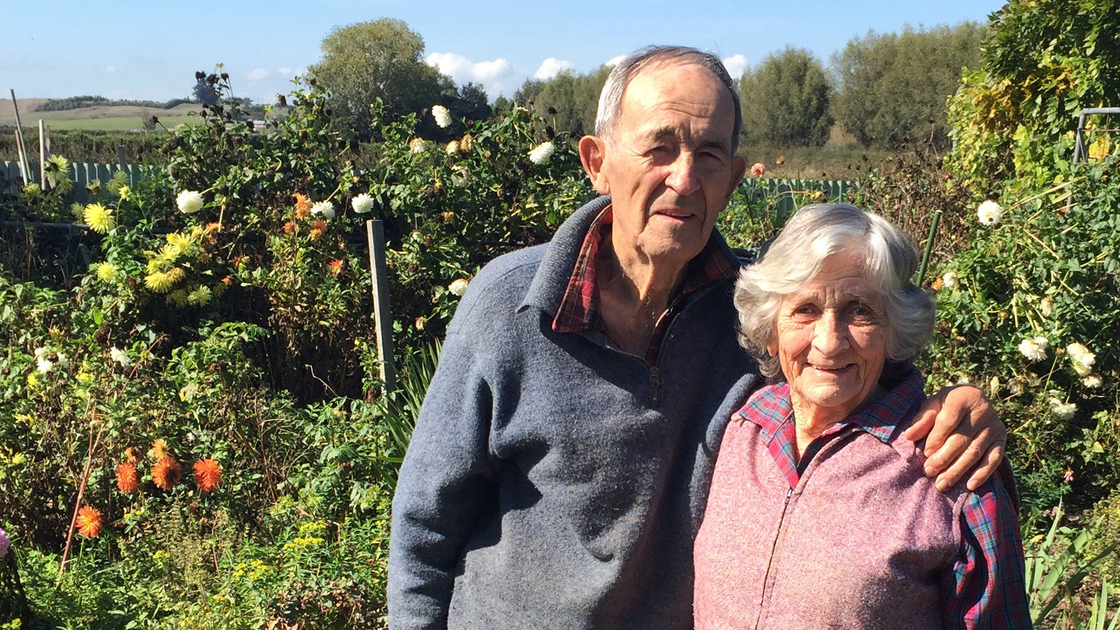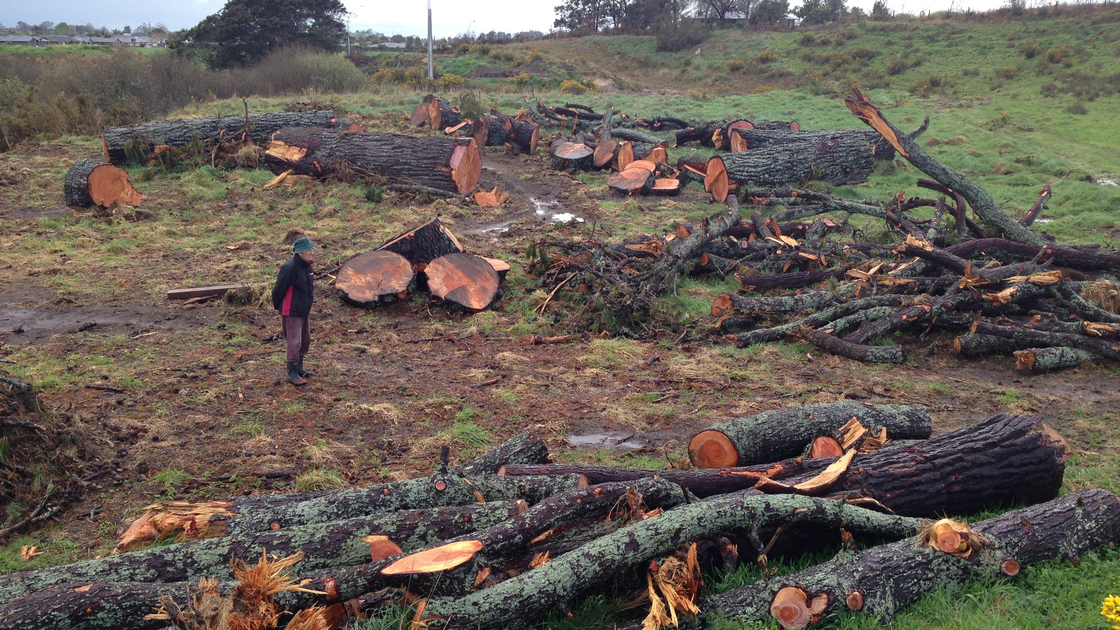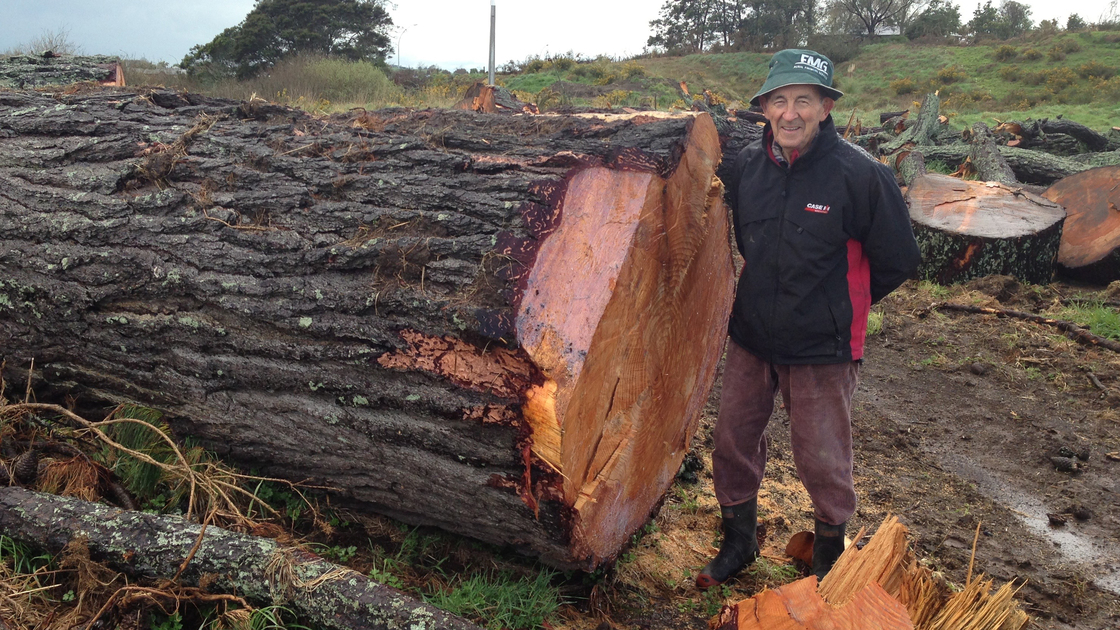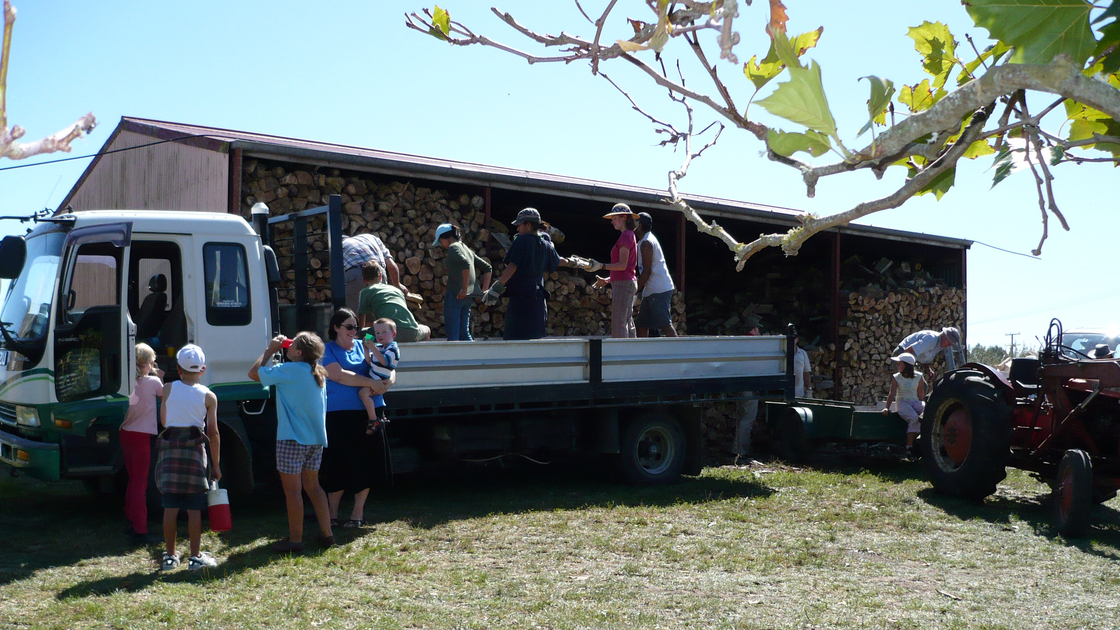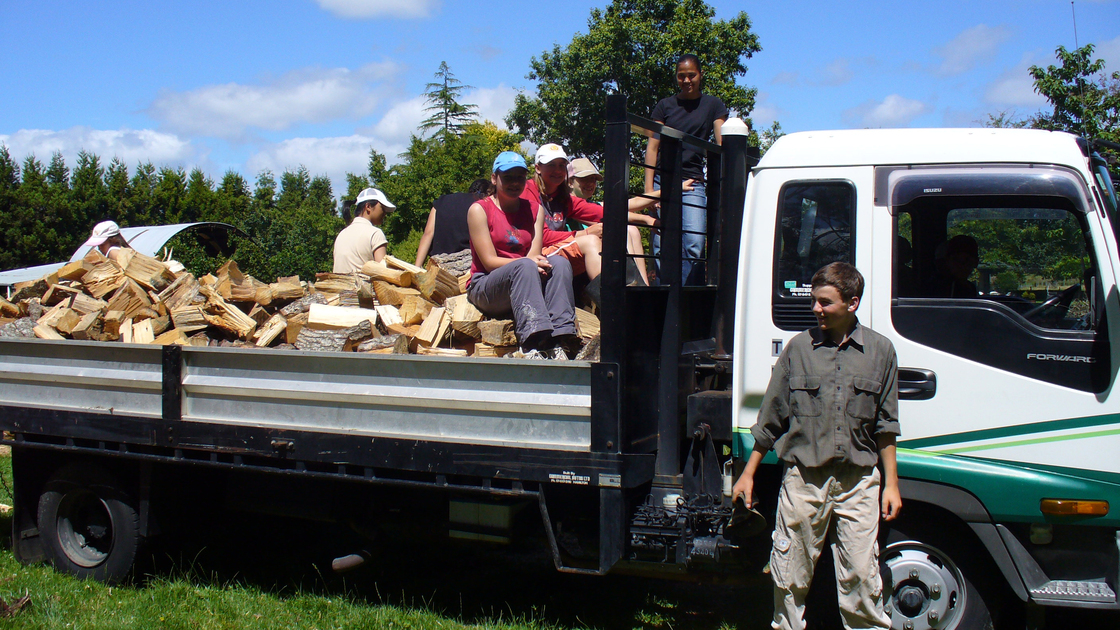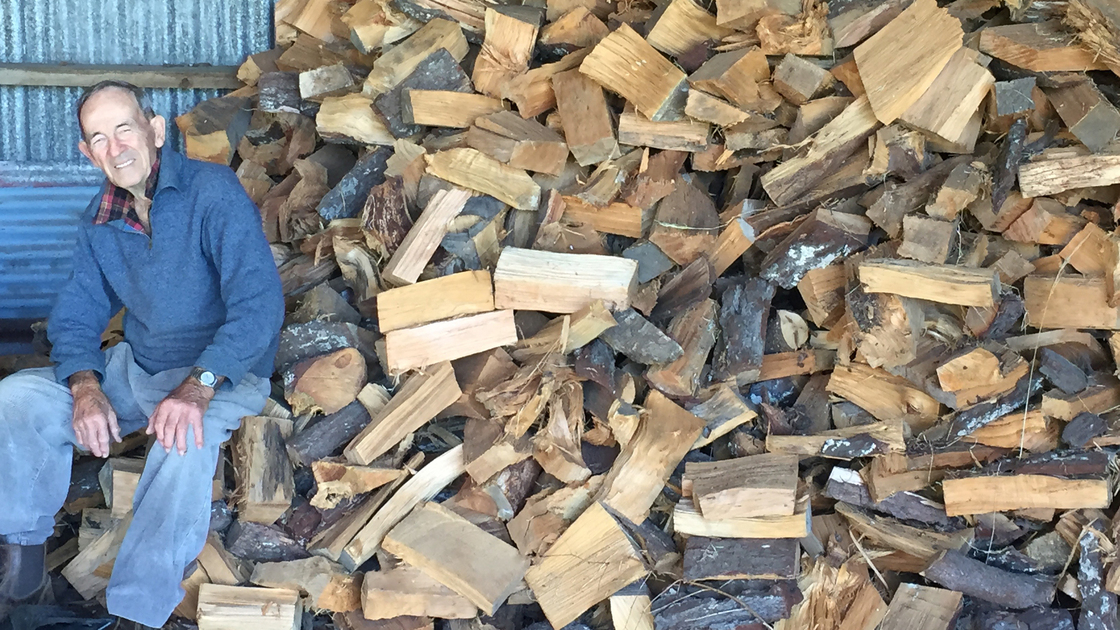Earlier this year, I sat down at Mr. and Mrs. Roy Watson’s dining room table with a cup of tea in hand. We were reminiscing about their congregation’s fundraising activity that had continued for the last 14 years: cutting and selling firewood to support the work of the Philadelphia Church of God.
It was a poignant time to reflect. Mr. Watson had told me he thought it was time to “hang up the chainsaw” on this fundraising activity. At the age of 87, you couldn’t blame him; cutting firewood is tough work even for a young man. For a few years, I had been suggesting to him that he slow down. I was conscious that he wasn’t getting any younger and that his bad knee and pronounced limp were getting worse.
But he wouldn’t have it. “We are here to do the Work,” he would reply, quietly setting himself the goal of exceeding the previous year’s fundraising effort, which we just about always did. I couldn’t disagree with an attitude like that.
In the last 14 years, there has been an extraordinary fundraising effort by the Watsons and the congregation in Hamilton, New Zealand. They have felled, trimmed, cut, split, carted, stacked, delivered and sold an estimated 100,000 cubic feet of firewood. All of this was produced by a congregation of only 30 brethren, consisting mainly of young families and senior citizens, which was by now half the size of what it was when we started the fundraiser back in 2002. It is a story worth telling.
In 2002, a meeting was held to discuss fundraising options for the congregation. One idea was cutting firewood, using Mr. Watson’s small farm as a base, but we did not know how or where to source the wood itself. Two days later, Mr. Watson’s neighbor, who owned a large orchard, asked his advice on how to remove a row of large, overgrown shelter trees. The fact that this was a blessing from God was obvious. Mr. Watson replied, “I think I can help you there.”
Not only did the congregation get a source of wood that was right next to Mr. Watson’s farm for free, but the orchard owner also gave our group a check for $1,000 for our work!
For the next several years, the men of the congregation were provided with hundreds of trees for free from this orchard, and the owner was grateful for their removal.
God continued to grant us favor with the local community, and the owners of several other properties gave us hundreds of additional trees.
“The local community really noticed our work and were only too willing to help,” Mr. Watson said.
In addition, the Watson’s neighbor gave us the free use of a tip truck for carting wood and a four-wheel drive tractor for pulling over large trees.
The congregation changed over those 14 years, and so did the fundraiser. In the early years, the congregation was predominately families; our firewood days were truly a family effort. A job was ready and waiting for anyone who wanted it. The men would be tree felling, chain sawing, log splitting and driving tractors and trucks. Women, teens and children would toss the split wood onto the trucks and stack it in the Watson’s large barn. Senior ladies would prepare lunch for the ravenous appetites that came in after a hard morning’s work.
“Some of my best memories of the time spent with our congregation in New Zealand were the firewood fundraisers,” said Christopher Eames, who was a teenager at the time. “In many ways, it really helped to bring the congregation closer together in a common purpose, young and old alike.”
The congregation got smaller as some of the families relocated to Australia and Britain. But this wasn’t a cue to slow down, and a small band of men in their 60s, 70s and 80s, led by Mr. Watson and his trusty assistant, Malcolm McGregor (himself in his 70s), cut firewood once or twice a week during the summer to make up for the lack of numbers.
“It was a wonderful opportunity to financially support God’s Work when, as a senior, you are on a limited budget,” McGregor said, adding, “I miss firewood a lot, as it provided additional fellowship opportunities and deepened the bond amongst the men.”
By the end of each summer, the Watson’s barn was full to overflowing with dry split firewood. But that was just the half of it, as the wood still had to be sold. This fell to the ever dependable Mr. and Mrs. Watson. Advertisements were placed in local newspapers, and over time, they built up a regular clientele. Mrs. Watson took firewood orders over the telephone; Mr. Watson delivered the firewood in his truck or helped customers fill their trailers.
“They really have been used by God to do a fantastic service, far beyond the age and strength of people much younger than them,” Eames said, adding that “the funds raised helped myself and fellow teens to Philadelphia Youth Camps in Australia. All of it was really appreciated.”
God blessed this activity in so many ways. I distinctly recall one incident when several large pine trees were offered to us on a nearby property. They were very difficult to fell and extract safely, due to their size and location. Our group of volunteers didn’t have the skills or equipment to do the job. Upon inspecting the trees, I told Mr. Watson we would have to decline, which he dutifully did. Several weeks later, Mr Watson got a call from the owner. He had hired a contractor to fell and extract the trees, and now he wanted to give us the wood!
These days and years of sawing, cutting, splitting, stacking, sweating, working, talking and laughing raised an estimated $120,000 for the work of the Church. But this was more than a profitable fundraiser. It was an opportunity for our small congregation to let its light shine and to be a witness to the to the local community as we worked hard together in unity. But most importantly it helped unify God’s Family through the simple act of cutting firewood together and achieving a common goal for God’s Work.
